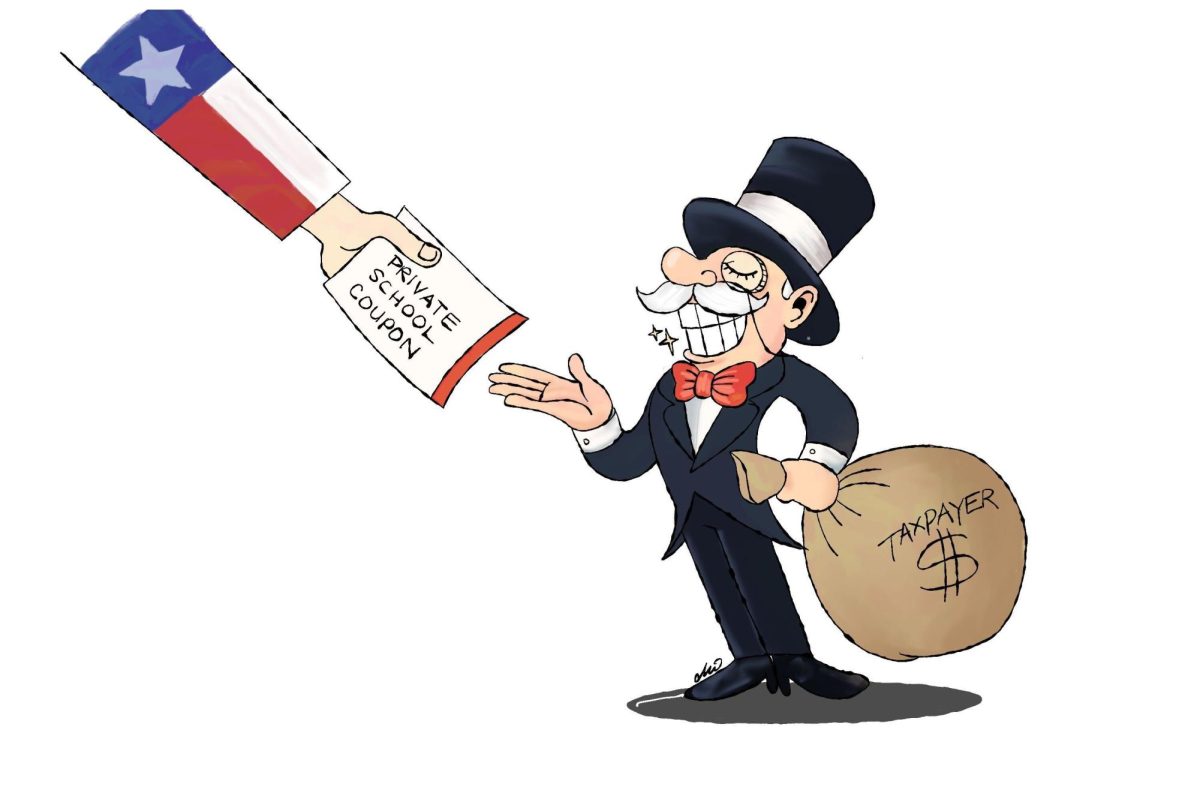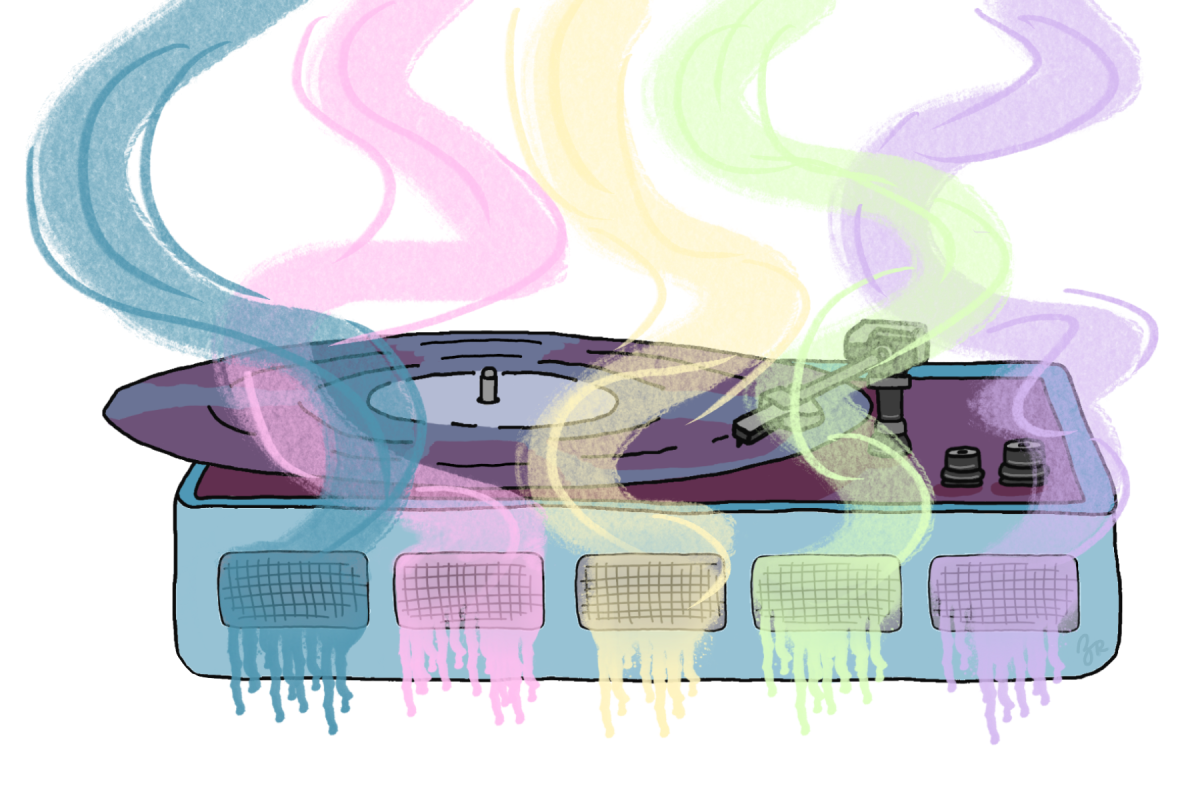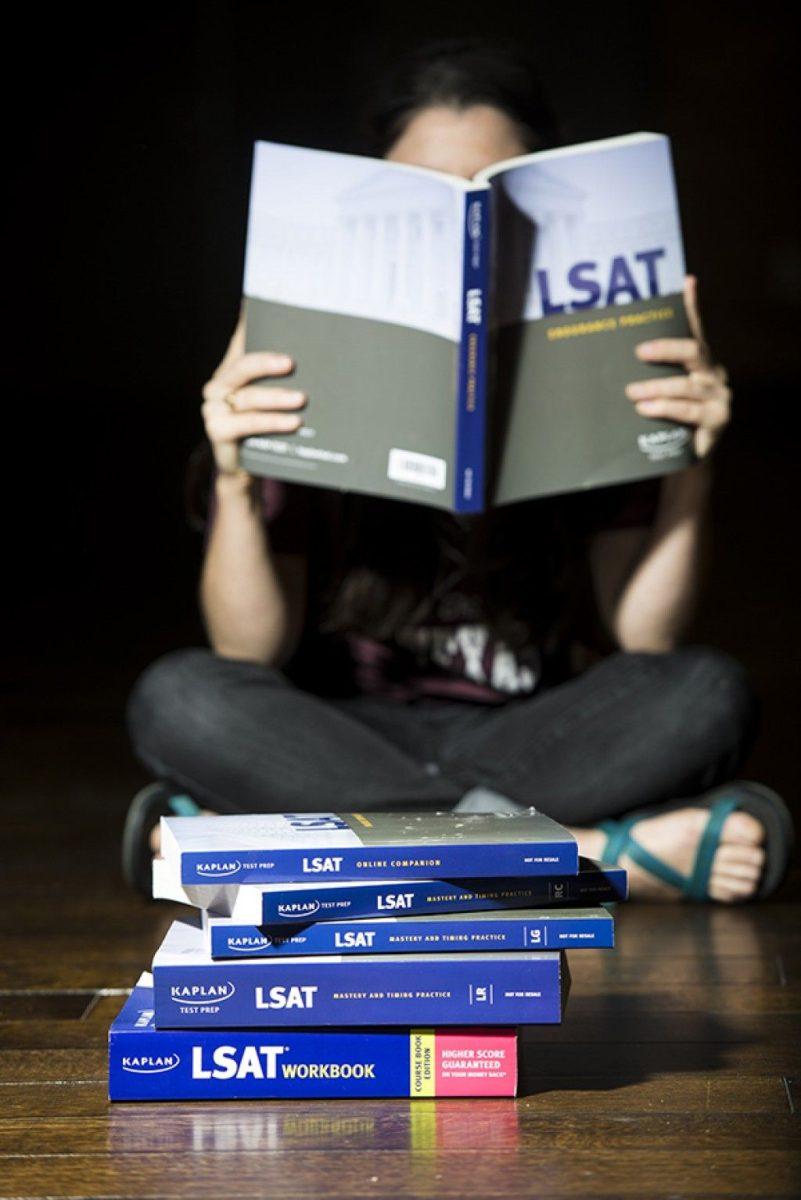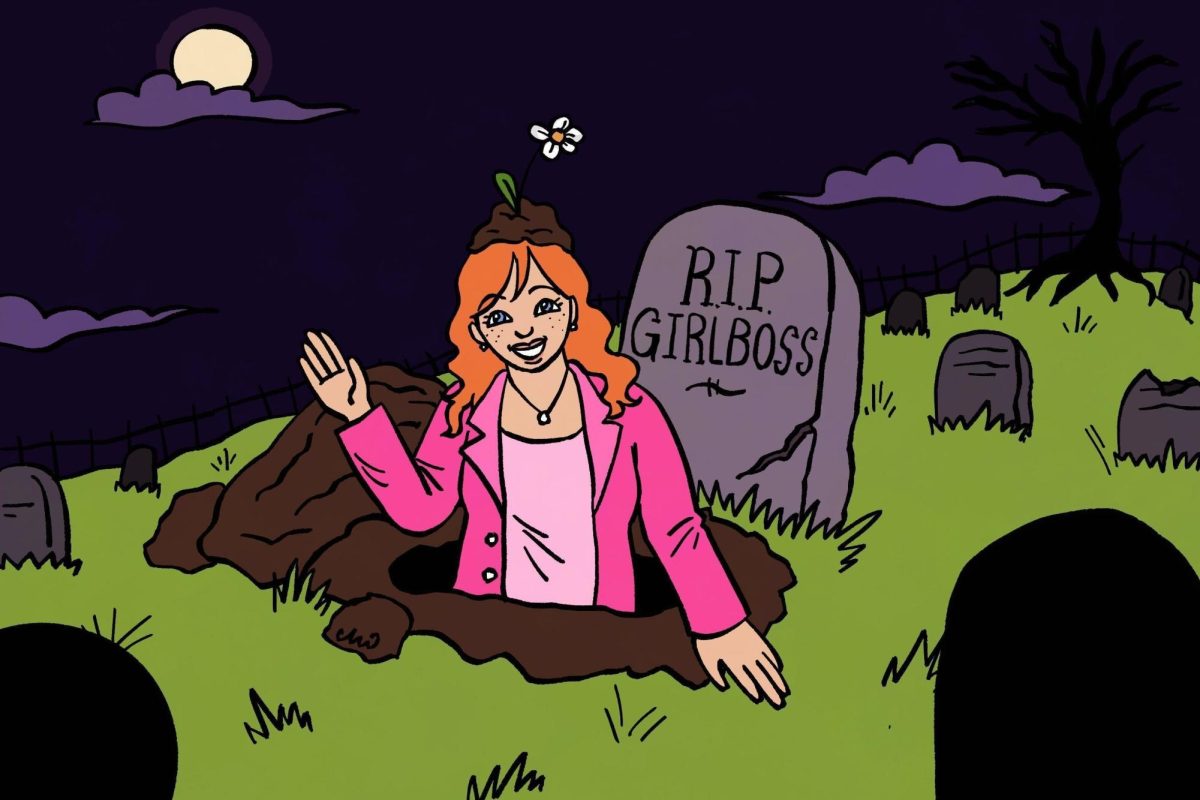In the 1790s, the word “scientist” more accurately described a rich weirdo with too much free time. Chief among these weirdos was Edward Jenner. Jenner noticed the milkmaids on his estate who had previously contracted cowpox recovered far better from smallpox than those who had never had cowpox. His obvious next step was to deliberately infect his gardener’s son with cowpox, wait, then infect him with smallpox. Jenner found that his gardener’s son recovered much more rapidly than what was typical. Today, we know he survived because cowpox is a close relative of smallpox. This strain had adapted to cattle and was less lethal to humans. Fortunately, it was similar enough to smallpox to allow the body to build an immune response. Although incredibly unethical by modern standards, Jenner’s experiments pioneered the practical application of vaccination.
Over the next century and a half, figures like Louis Pasteur (the father of pasteurization) and a new field of science called pathology emerged. Their findings proved successful at being able to prevent mass sickness and death that had once been commonplace. By the 1950s, other scientists began to use these methods to prevent once debilitating diseases like polio. As a result, wild poliovirus has been eradicated in all but three countries. More and more devastating viruses are becoming a distant memory to people all over the world. Our old friend smallpox, which had been responsible for between 300 to 500 million deaths in the 20th century, was declared extinct in 1980.
We live in a time where we’re lucky enough to be afforded the privilege of security against the biggest killers in our species’ history. Vaccines represent the culmination of humanity’s ability to save lives. The COVID-19 mRNA vaccine is the next step in our journey to eliminate suffering and needless deaths. Unfortunately, many people don’t see it this way. As many as 29 percent of Americans are unlikely to seek the vaccine and 46 percent are vaccine-hesitant.
Having been raised in an anti-vax family, I know the apprehension that many people have for vaccines firsthand. In my senior year of high school, I chose to deny the exemption offered to me and take a free bacterial meningitis shot. Since then, I have tried to receive vaccinations whenever I can. I plan on taking the recently created COVID-19 vaccine at the soonest opportunity, and I encourage everyone reading to do the same. There are currently many myths circulating about the vaccine, despite having been shown to be safe millions of times over.
Much of the distrust people have of vaccines today stems from Andrew Wakefield, a discredited doctor. In the 1990s, he helped legitimize a baseless conspiracy theory about vaccines causing autism. Distrust in authority and science play a large part in the anti-vax attitude. The focus some brands have placed on meaningless marketing terms like all-natural are also a small factor, but that’s a pet peeve for another day.
Vaccine skeptics need to look toward the experience of those who have helped bring about these medical miracles and saved billions of lives. The least we can do for their memory is acknowledge maybe they knew what they were doing with their lives’ work.
For students and others reading this, I encourage you to think about my words. College Station is home to 120,000 people. Fall enrollment reached a peak of 71,109 students, many of them traveling between the university and other parts of Texas. We can either be a shield wall or a free ride for the spread of COVID-19. A lot of this depends on us being able to wait it out, continue wearing masks and distancing until enough people get the vaccine. In this last stretch, we need to all come together (figuratively) to do what Aggies do best and BTHO this pandemic.
Zachary Freeman is an anthropology junior and opinion writer for The Battalion.









